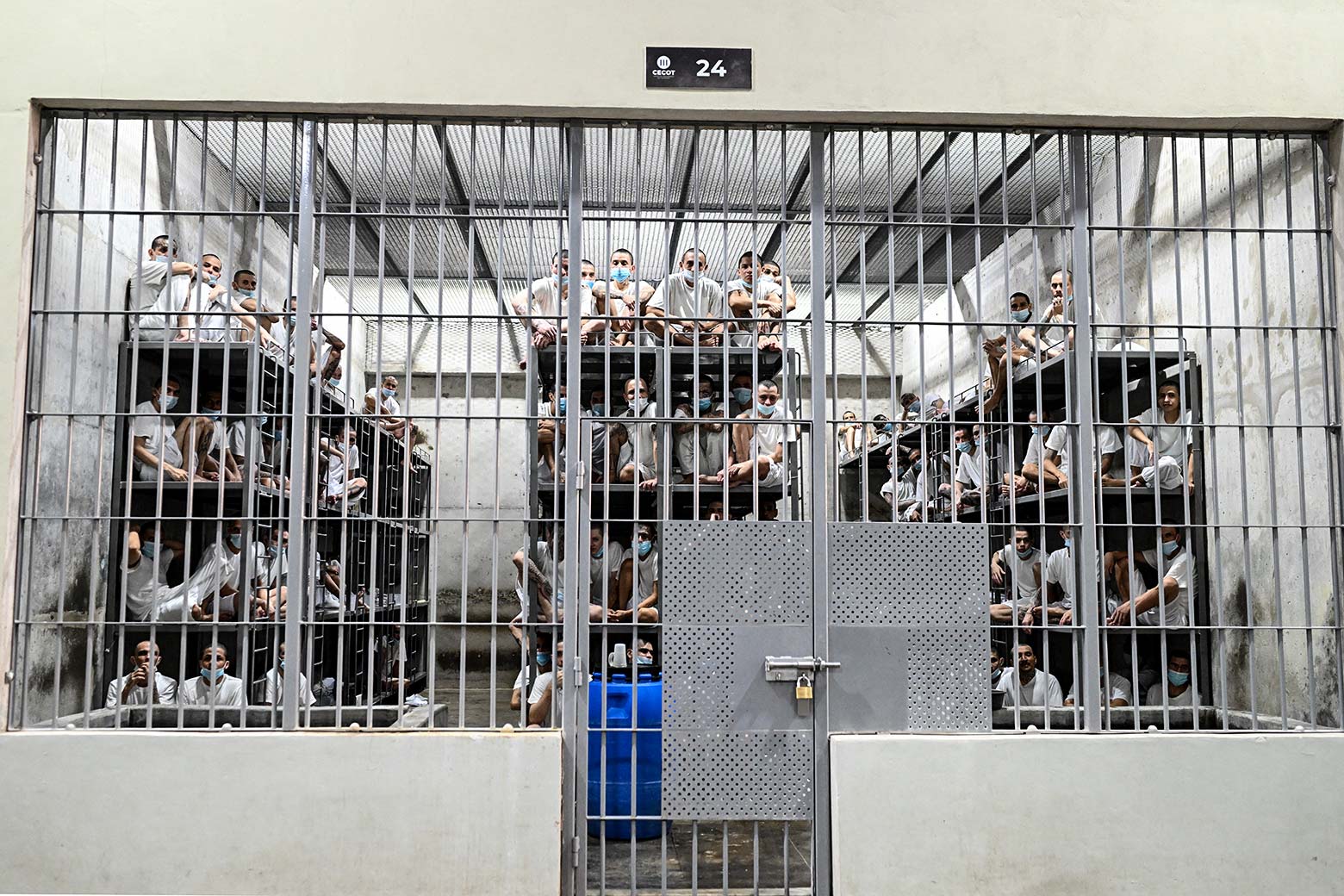Reflecting on 50 Years Since the End of the Vietnam War: A Lasting Legacy

April 30, 2025, marks a significant milestone in world history, commemorating the 50th anniversary of the official end of the Vietnam War. This protracted conflict, lasting nearly two decades, resulted in the tragic loss of more than three million Vietnamese lives and the deaths of approximately 60,000 American servicemen. The war, which was characterized by intense combat, political strife, and widespread civil unrest, has had enduring repercussions on both Vietnam and the United States, shaping their political landscapes and societal narratives to this day.
Throughout the conflict, TIME magazine (alongside its then-sister publication LIFE) played a pivotal role in documenting the war through impactful reporting and evocative photojournalism. The magazine presented a nuanced view of the complexities surrounding the war, covering various aspects including the political maneuvering in both Vietnam and the U.S., grassroots protests, and gripping frontline scenes that showcased the harsh realities of warfare.
On this momentous occasion, we revisit some of TIME's most significant coverage from the past five decades. One of the most iconic moments came on May 12, 1975, when TIME featured the late Vietnamese revolutionary leader Ho Chi Minh on its cover, dubbing him The Victor. This issue encompassed 14 compelling stories that explored Ho's ultimate victory, the failure of U.S. diplomat Henry Kissinger, the harrowing exodus from Saigon, and the subsequent arrival of Vietnamese refugees in the United States.
Another noteworthy issue was published on March 5, 1979, which addressed the Sino-Vietnamese border conflict. This edition included a detailed analysis of the military balance between China and Vietnam and highlighted the economic struggles faced by North Vietnam, providing a glimpse into the post-war challenges the nation continued to grapple with.
Further insights into the Vietnam War experience were offered in the July 13, 1981, issue, which focused on the often-overlooked Vietnam veterans. Journalist Lance Morrows poignant cover story, "The Forgotten Warriors," along with profiles of specific veterans like Bobby Muller and William Corson, shed light on the personal battles these individuals faced upon returning home.
As the years passed, TIME continued to reflect on the war's legacy. The April 15, 1985, issue marked the 10th anniversary of the war's conclusion, featuring a special section of essays, including Kurt Andersen's moving piece about the Vietnam Veterans Memorial in Washington, D.C. This memorial has become a sacred space for remembrance and reflection, symbolizing the collective grief of a nation.
The cultural impact of the Vietnam War was also significant, and on January 26, 1987, TIME published a cover story centered on the acclaimed film Platoon. With insights from director Oliver Stone and technical advisor Dale Dyeboth Vietnam veteransthe article examined how cinema shaped public perceptions of the war.
In a poignant tribute for Memorial Day on May 29, 2000, historian Douglas Brinkley wrote about letters from soldiers, some of whom never returned from Vietnam. This issue also featured Roger Rosenblatts reflective essay on how society remembers war, including the ongoing significance of the Vietnam Veterans Memorial.
TIMEs exploration of Vietnam's legacy continued into the 21st century, with coverage addressing the long-term effects of Agent Orange on Vietnamese communities and the efforts of American veterans engaged in demining programs. Significant articles from 2015 highlighted how Vietnam has transformed since the war ended, showcasing the resilience and evolution of the nation.
As the years moved on, TIME provided a platform for voices reflecting on the Vietnam experience. In September 2017, historian Jon Meacham shared personal stories connected to his father's service during the war. In April 2018, Meacham returned to pen an essay, emphasizing that the shadow of Vietnam still looms large over American society, reminding us of the lessons learned and the scars that remain.
In 2020, as filmmaker Spike Lee released Da 5 Bloods, discussions surrounding the injustices faced by Black veterans of the Vietnam War were reignited, highlighting the need for ongoing dialogue about race and war. Most recently, in August 2023, novelist Jamie Jo Hoang wrote about finding Viet joy as a means of honoring the memories of suffering endured during the war.
Looking ahead to the 50th anniversary of the war's end, it is crucial to reflect on how the Vietnam War continues to impact U.S.-Vietnam relations today. As political tensions occasionally resurface, the legacy of reconciliation remains vital. TIMEs recent reporting has shed light on how historical grievances and contemporary politics, particularly under previous administrations, play a role in shaping the future of these two nations.





![More and more people who fled authoritarian regimes to come to America are now wondering what the hell the point of doing that was [Sad]](https://usrimg-full.fark.net/a/af/fark_afVyLK6A76BY6ifRPIfYRuTMUPM.jpg?AWSAccessKeyId=JO3ELGV4BGLFW7Y3EZXN&Expires=1746417600&Signature=Lj0NwOnrBFQnzsPx5sy97yd6VQU%3D)

![So, the patriots Jet flew from Fort worth to Guantanamo Bay, and back to Ft. Bliss. But the Pats spokesperson says "it wasn't used for deportation." Doesn't sound like it was, pal [News]](https://usrimg-full.fark.net/Q/QE/fark_QEeQuhNt3wIPFcA5kXRo91Z_voo.jpg?AWSAccessKeyId=JO3ELGV4BGLFW7Y3EZXN&Expires=1746417600&Signature=H5TgfooDTpGBxs6bURAgTVWye0c%3D)










